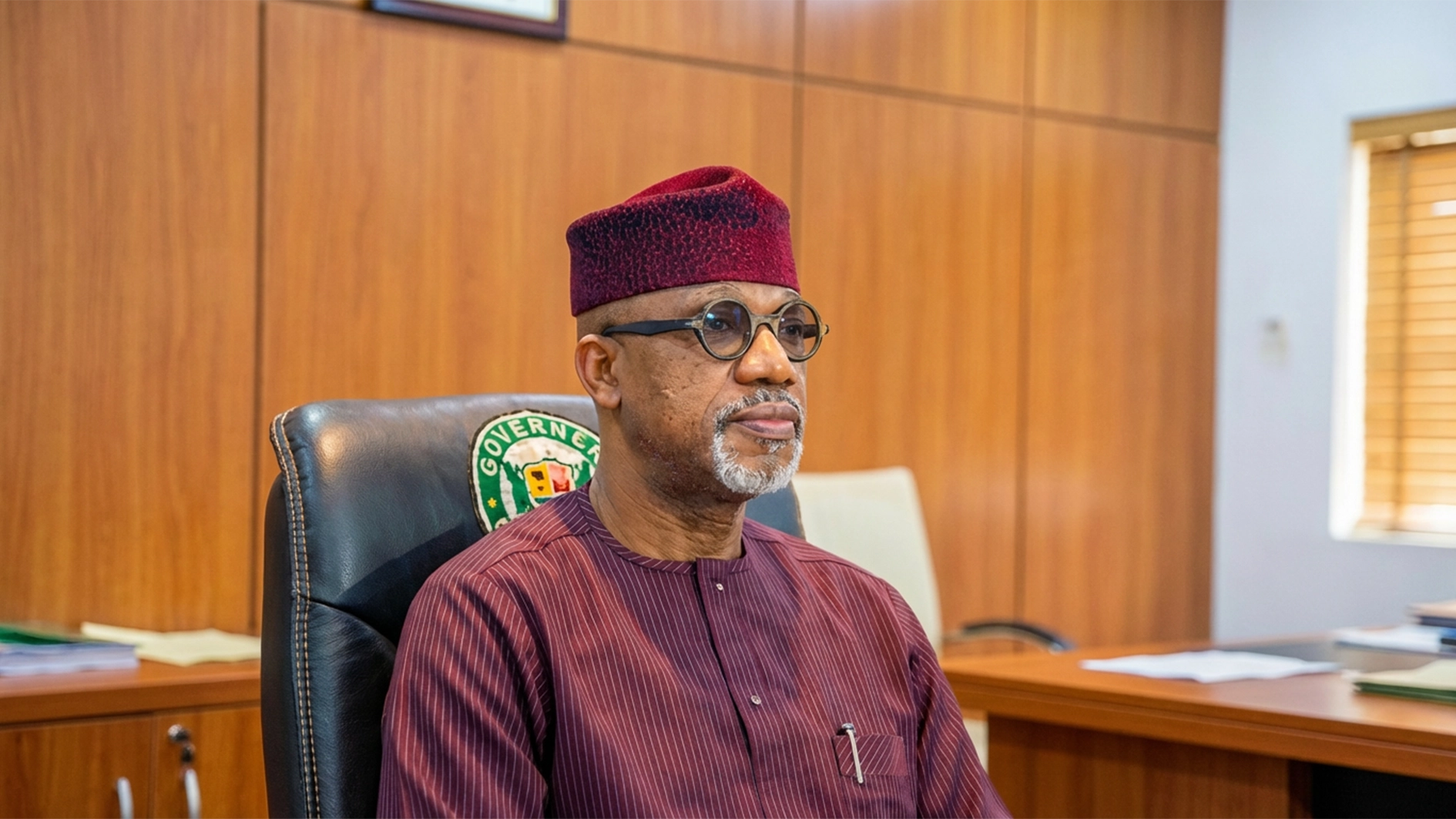The federal government has been urged to put an end to the perceived discrimination of polytechnic education in Nigeria in order to boost the production of technologically driven and skilled graduates required to drive the economy of the country.
With the perception of polytechnic education as a second-class education system compared to the university needing to be erased, the Chairman of the British Transatlantic Polytechnic, Akure, Ondo State, Dr. Joe Obe, appealed to the federal government to grant polytechnics degree-awarding powers.
While speaking during the 2024/2025 matriculation ceremony of 120 fresh students of the polytechnic, Obe stated that the majority of Nigerian society has continued to wrongly perceive polytechnic education.
The Chairman stated that the solution to the current socio-economic development is to produce a huge number of highly skilled graduates that can develop the micro-economy system through entrepreneurship and skills innovations.
Obe described most Nigerian university graduates as theory-centric and lacking adequate functional skills required to run the engine of the economy.
He said, “With the unprecedented level of brain drain accompanied by the popular ‘japa’ era, Nigeria is fast losing its limited skilled laborers in engineering, technology, and IT, a situation that portends great danger to the economic growth and development of Nigeria.
“By allowing the polytechnics to have degree-awarding powers, more students will be encouraged to study in the polytechnics and, by so doing, increase the nation’s manpower.”
While congratulating the matriculating students, Obe assured all students at the British Transatlantic Polytechnic, Akure, that they will break the discrimination barriers, as their training is also enriched with the British curriculum, which gives them leverage to compete favorably with their counterparts anywhere in the world.
According to him, graduates of the British Transatlantic Polytechnic, Akure, will be able to stand tall and get jobs mostly in Britain, Europe, and the USA because they are already exposed to the internationalised curriculum and job-ready training, including job interviews and employability skills. We are breaking boundaries and barriers to job opportunities and systemic discrimination.






